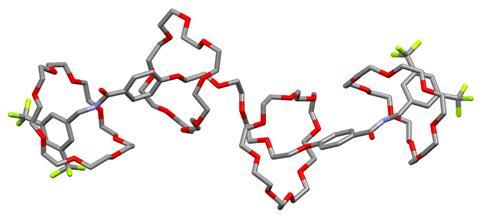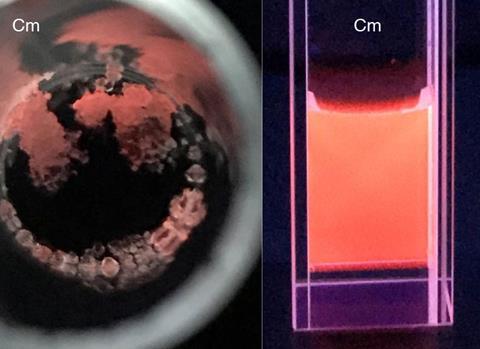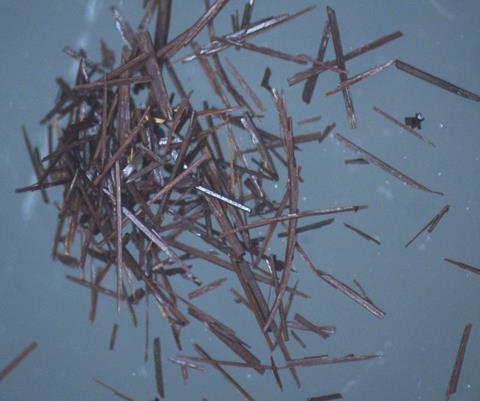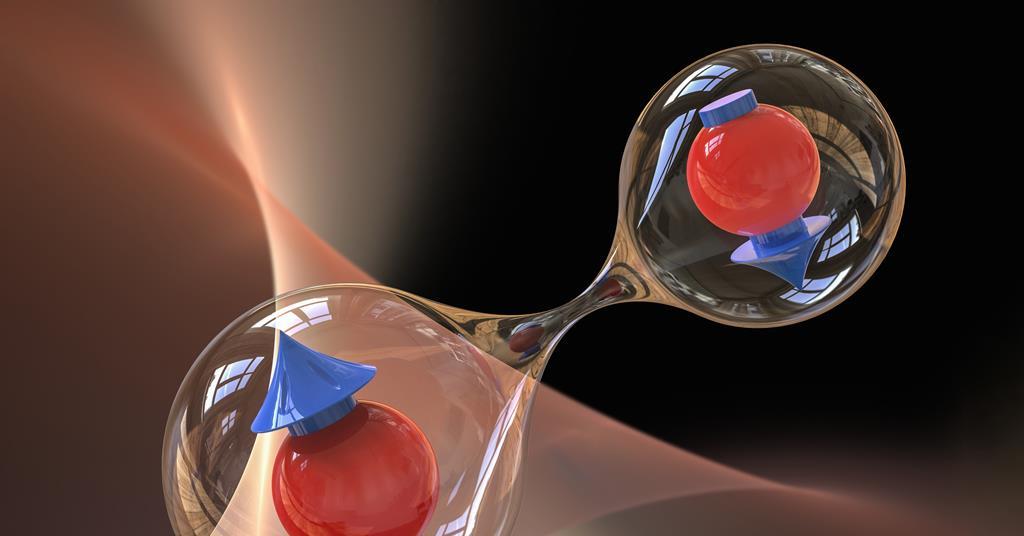As the UK’s new prime minister Liz Truss begins appointing her first cabinet, scientific organisations are making the case for research and innovation to be at the heart of government policy. But questions remain about the new government’s plans for science, with no science minister yet appointed. The UK’s research community has found itself in […]
Read More








